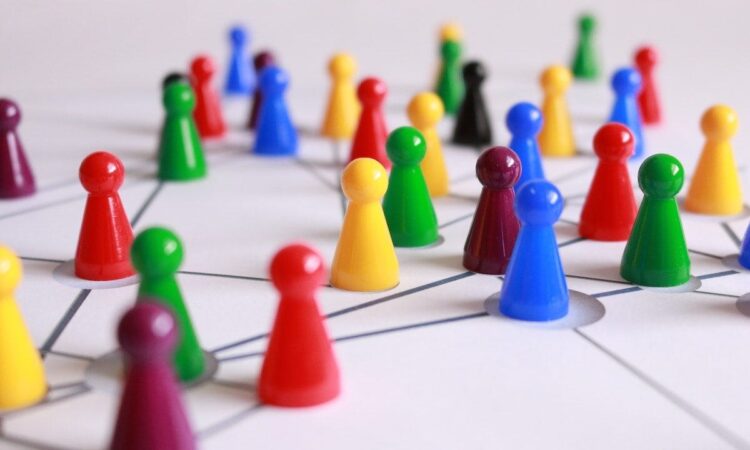
DAO stands for Decentralised Autonomous Organisation. While the term is most associated with cryptocurrency, it actually describes a method of digital collectivisation – that is, a way of organising online around a cause without a central authority in charge.
Here’s a primer on DAOs, some examples of DAOs in action and what the future of the concept could look like.
DAOs in action
One of the core tenets of cryptocurrency is decentralisation – the idea that no central authority is needed to facilitate payments or record transactions. Instead, the crypto community governs itself using blockchain technology.
A DAO (pronounced as ‘dow’) is a group of people working together on a project with a shared goal, but without a central authority. Members of a DAO make decisions, and blockchain technology executes those decisions automatically according to a set of pre-ordained rules.
There are almost 5,000 DAOs operating as of today, with DAOs focused on media, finance and more. But the principles of a DAO mean use cases are effectively limitless.
For example, UkraineDAO was a DAO established to raise money for and distribute money to victims of the war in Ukraine. The DAO minted, auctioned and sold a Ukrainian flag NFT for more than £3 million.
Within a DAO, members make and vote on proposals for the future direction of their organisation, including where it allocates resources and how it operates on a technical level.
For example, the metaverse platform Decentraland has a DAO in which members can vote on how content moderation works within its virtual world, or on what items of clothing users can dress their avatars in.
In many DAOs, community members buy the organisation’s native tokens using fiat currency or other cryptocurrencies. These tokens are then used to cast votes on proposals. The money raised from token sales funds the DAO.
Automation comes in the form of smart contracts. A smart contract is a self-executing program on a blockchain set to automatically trigger once certain conditions are met – for example, when a proposal gets a majority vote.
The automated execution of a DAO’s rules means no one person or group is responsible for the task and can’t be influenced, or otherwise interfere with the process.
Smart contracts are transparent in the sense that they are on the blockchain, and are therefore publicly verifiable and auditable. The indelible nature of blockchain technology also means that everything is recorded for posterity and can’t be changed retroactively.
As such, smart contracts foster a sense of trust within a DAO – which is particularly important for an organisation with no central authority – and a flat hierarchy that can have members anywhere in the world.
DAOs and the future
There’s lots of evangelising about how this (relatively) new technology could change the world. Similar things were said about NFTs 18 months ago, and that market has largely collapsed.
However, DAOs could be poised to play a key role in the next generation of the internet. Web3, which is the term used to describe the next wave of the internet, promises to focus on decentralisation.
While today’s Web 2.0 is monopolised by tech giants – with all of its implications for data, privacy, advertising, content moderation and trust – Web3 will seek to challenge that paradigm by giving users more control.
DAOs could provide the structure necessary to give users more say in the future of the internet.






